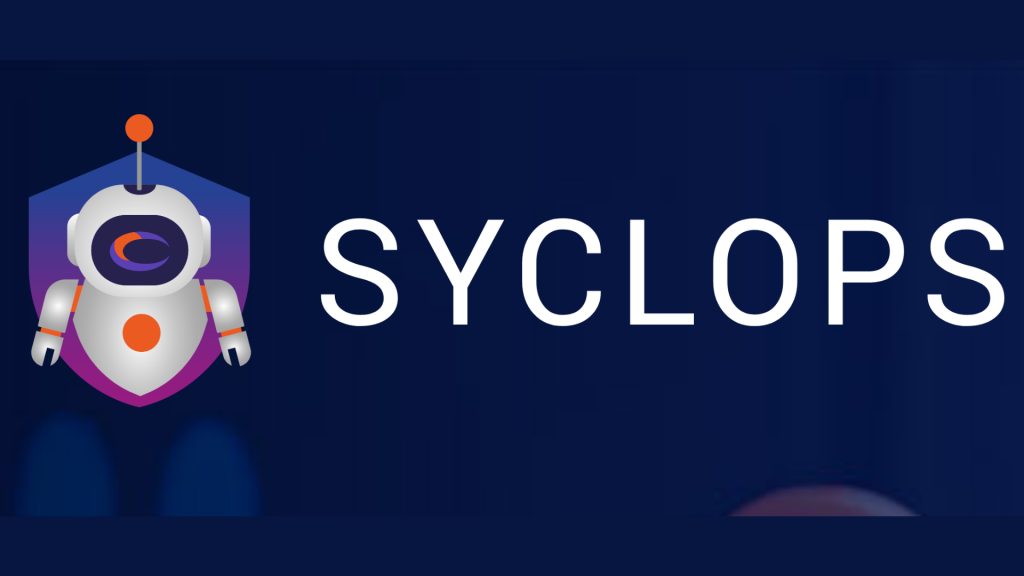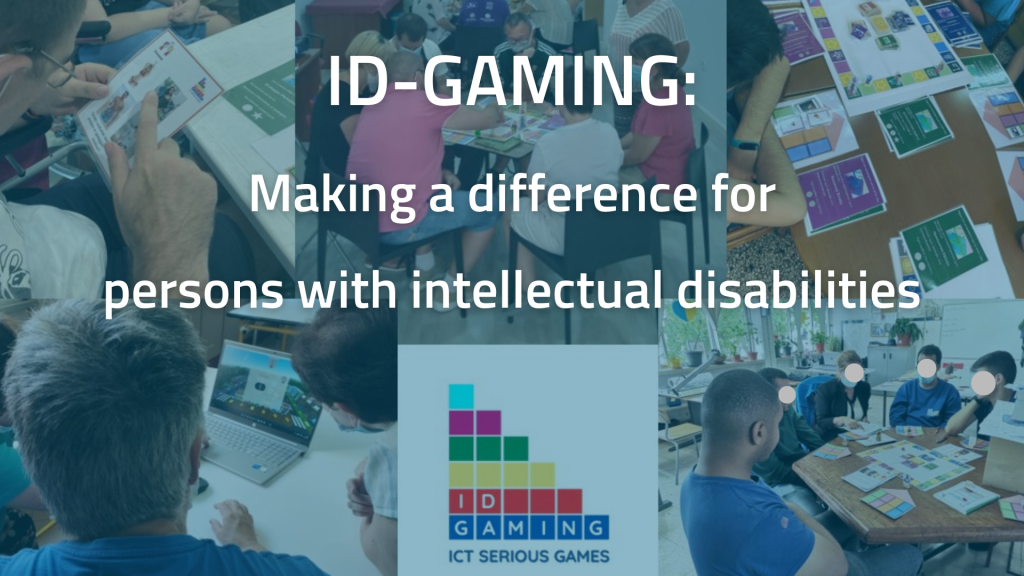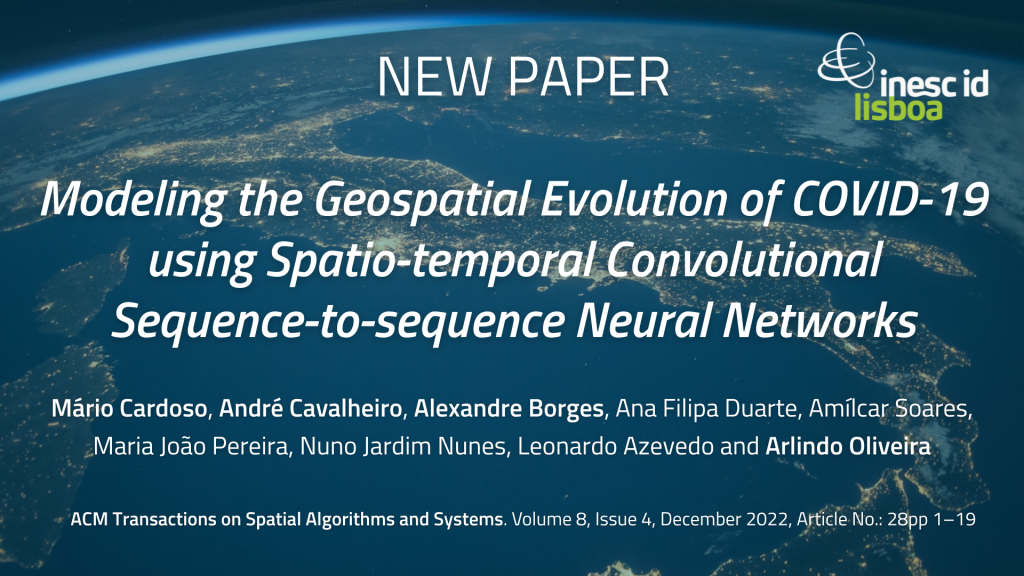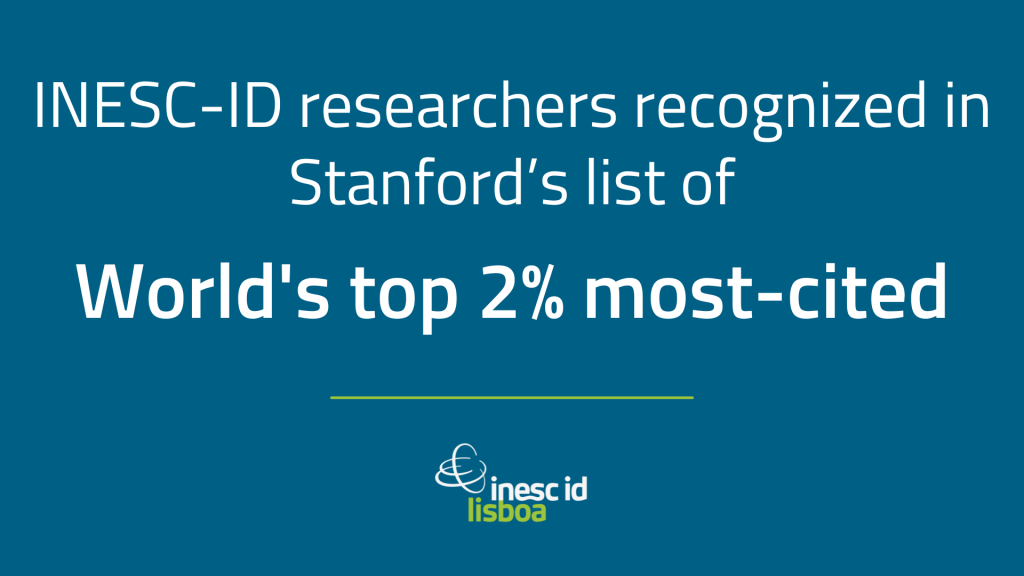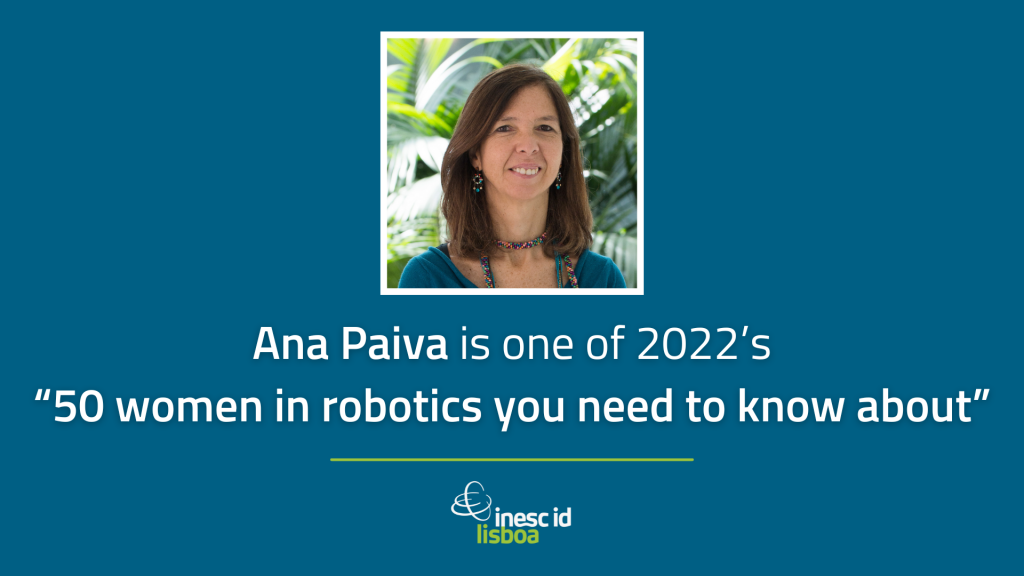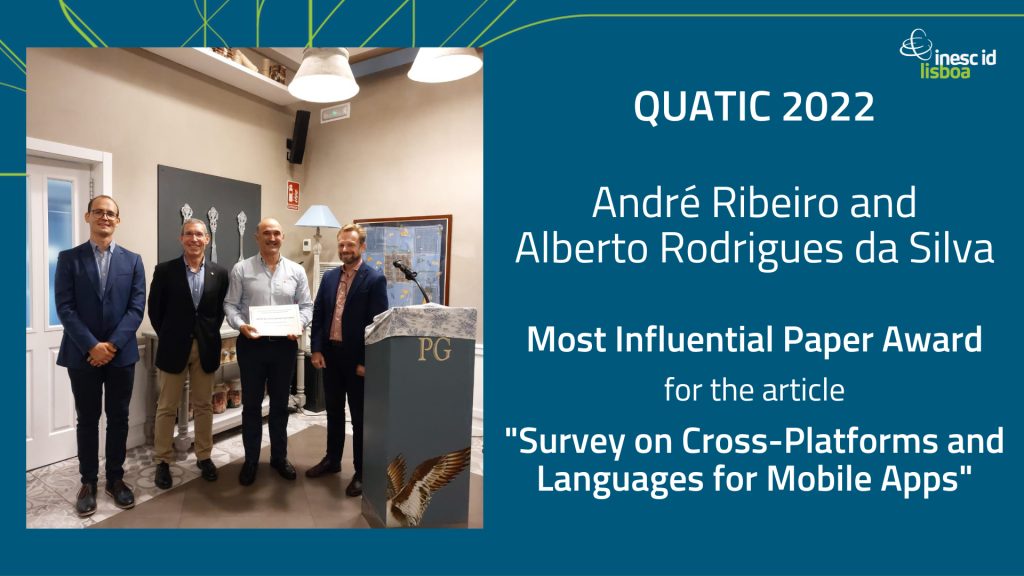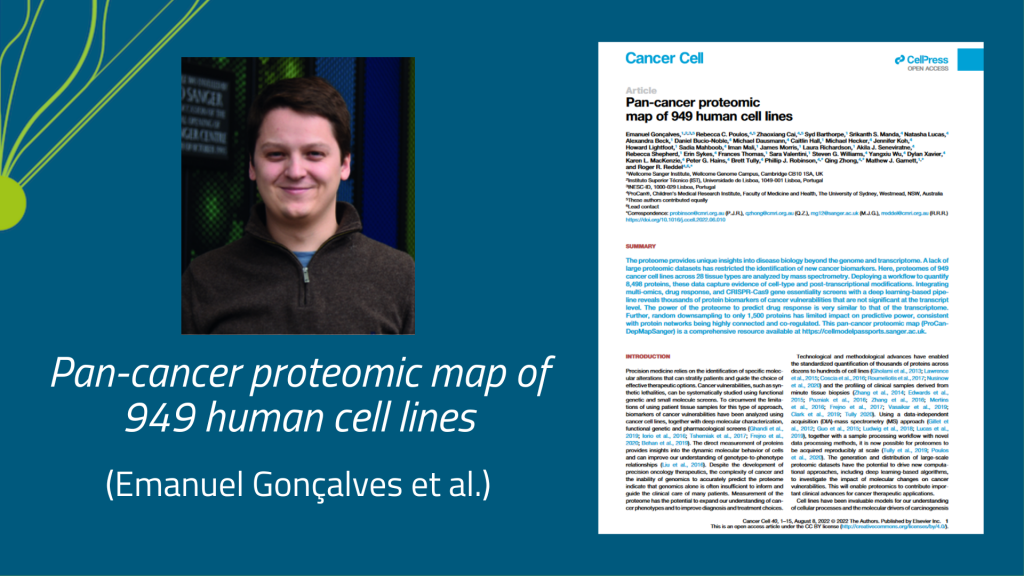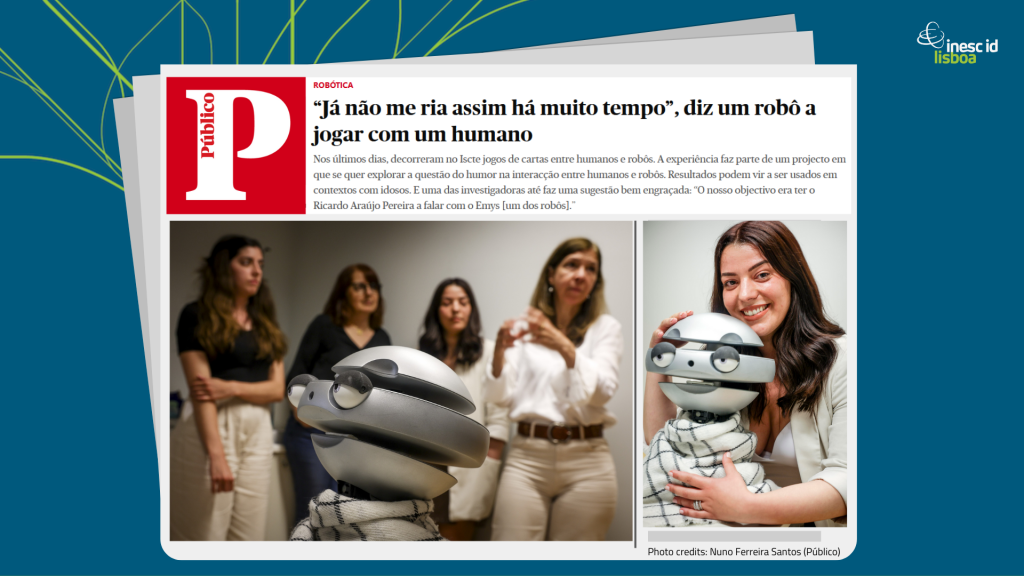INESC-ID takes part in new Horizon Europe Project SYCLOPS
Eight leading European organizations join forces to bring together RISC-V and SYCL standards to demonstrate ground-breaking advances in scalability of extreme data analytics via fully-open AI acceleration. The wide-spread adoption of AI has resulted in a market for novel hardware accelerators that can efficiently process…
ID-GAMING: Making a difference for persons with intellectual disabilities
A group of six institutions, across the social solidarity and information and communication technologies (ICT) sectors, have partnered up to improve the quality of life of persons with intellectual disabilities through “serious games”. Preliminary results are in — and they are promising. From 01 November…
How and when viruses move: predicting the spread of COVID-19 using neural network models
A group of researchers, led by Arlindo Oliveira, has proposed a new method to compute the spatio-temporal dynamics of COVID-19 infections. In a paper published this week on ACM Transactions on Spatial Algorithms and Systems, four INESC-ID researchers (Mário Cardoso, André Cavalheiro, Alexandre Borges and…
INESC-ID takes part in the world’s largest consortium on Responsible AI
INESC-ID has been announced as one of the members of the world’s largest consortium on Responsible Artificial Intelligence (Responsible AI). Led by Unbabel — and including a set of ten other startups, eight research institutes (in Lisbon, Porto and Coimbra, amongst them INESC-ID, Instituto Superior…
INESC-ID researchers recognized in Stanford’s list of top 2% most-cited
Several INESC-ID researchers have been included in the comprehensive data sets comprising Stanford’s list of the World’s top 2% most-cited researchers in 2021 via Elsevier. Comprising two worldwide listings of 200,000 researchers (signalling those who were the most influential in 2021, as well as across…
Ana Paiva is one of 2022’s “50 women in robotics you need to know about”
Ana Paiva has been selected as one of 2022’s “50 women in robotics you need to know about”. Once a year, in celebration of Ada Lovelace Day (held on the second Tuesday of October), the Women in Robotics network — a global community of women…
André Ribeiro and Alberto Rodrigues da Silva receive “Most Influential Paper” Award at QUATIC’22
André Ribeiro — former masters student in computer science and engineering at Instituto Superior Técnico (IST) — and Alberto Rodrigues da Silva — Associate Professor at the Department of Computer Engineering at IST and researcher at INESC-ID — have received the “Most Influential Paper” Award…
Tell me what your proteome is and I’ll tell you what you are: the proteomic maps of 949 human cancer cell lines
Emanuel Gonçalves — INESC-ID Automated Reasoning and Software Reliability (ARSR) computational biology researcher — has published a groundbreaking study in the journal Cancer Cell (published online 14 July 2022). In the article Pan-cancer proteomic map of 949 human cell lines, the last study resulting from…
HATE COVID-19.PT: Detecting hate speech in social media
A few weeks ago, the team that brought the FCT-funded HATE COVID-19.PT project to life met at INESC-ID. Since May 2021, HATE COVID-19.PT has developed methods for semi-automatically creating a large-scale Portuguese annotated corpus covering online hate speech, while exploring how the information in that…
Two robots walk into a bar: the AGENTS project is featured in Público
Automatic generation of humor for social robots (AGENTS) — an FCT- and Carnegie Mellon University (CMU) Portugal-funded project — has been featured in the Portuguese newspaper Público. Based at INESC-ID and ISCTE and coordinated by Ana Paiva, researcher within the INESC-ID Artificial Intelligence for People…

